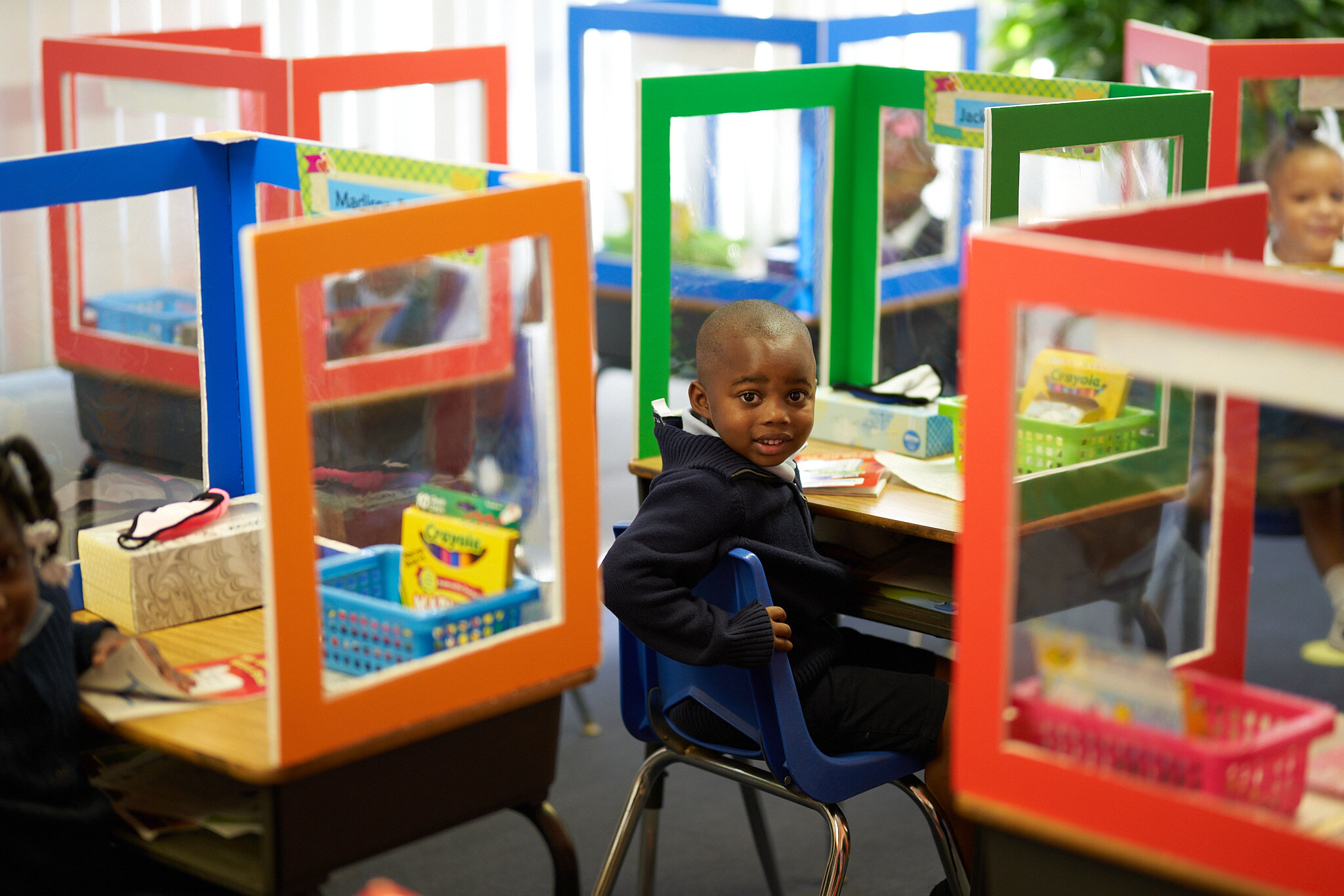Fantastic Fours
Our Philosophy
The Fantastic 4s class is for children aged four years old, and is located in the orange door. In this class, we provide a loving and safe learning environment that allows them to naturally grow. Throughout each day we focus on improving writing skills, letter recognition and letter sounds. We touch upon critical thinking by having group discussions about various topics. Social skills are very important and we achieve this through play and classroom rules. The children are allowed free time to interact with each other inside and outside the classroom. The children also learn self help skills and how to use proper words to express their feelings with each other.
The curriculum is part A Beka as well as the staff creativity with regards to the school’s particular demographics. The children learn in an environment that is rich in science, language - written and spoken, story writing, conversational Spanish, pre-math, phonics and drama the. We believe children learn best in a classroom that provides an age-appropriate, educational curriculum that is centered on the child. We aim to help every child to develop life skills that will foster independence, social skills and cognitive development. Our goal is to prepare each and every child in our classroom to be prepared to continue onto Kindergarten and excel in the traditional classroom. Our goal is to create maximum love of learning!
Key areas of child development & learning:
Peer relations- Children are encouraged to enter into play and cooperate during both structured and unstructured activities. We focus on appropriate interactions and self-regulation.
Independence- Children develop independence by strengthening self help skills and making choices. Children find their hooks and hang up their coats, sign themselves in and out of the classroom, choose activities and who they want to play with, serve themselves lunch, and toilet independently.
Communication skills- Children will enhance communication skills through shared storytelling, questioning, lunch conversation, peer and teacher interactions, and journal writing.
Reading- Children will develop an appreciation of literature through storytelling and reading quality children’s literature. Children will also develop reading skills through buddy reading, guided reading, and a variety of phonics activities.
Writing- Children practice writing on a daily basis. In addition, on a weekly basis children will participate in multiple activities that develop fine motor skills. Activities include but are not limited to: stringing boards, using play-doh to create letters, writing in sand, cool-whip and shaving cream, using chalkboards, and using worksheets to learn proper writing techniques.
Mathematics- Children will gain an understanding of spatial concepts, classification, patterns, numbers, one-to-one correspondence and graphing. This is achieved through math lessons, free explorations, and manipulatives.
Science- Children will strengthen problem-solving skills, critical thinking and develop a curiosity about the world and how things work through simple science experiments and conversations about various science-related topics.
Music and Movement- Children sing and dance daily during circle time and free play. Nursery rhymes and songs are also used during the literacy activities to help with phonemic awareness and fluency.
The Sixth Room
The development of our outdoor classroom is based on our belief that learning does not stop when you go outside to play. We know the young child learns through play. However, we have what we call the X-Zone. An exterior classroom with centers, in addition to the gross motor skills developed in our equipment. The play area has the following centers, with more to develop as space allows.
Outdoor Literacy
Various Sports Activities
Science
Water Play
Art Center
Manipulative
Writing Center
Individual Classroom Gardens
Developmental Classroom Goals
Four Year Old Room
Age: About 4 years
Motor Skills
*Hops and stands on one foot for a few seconds.
*Catches a bounced ball much of the time.
*Tries to write name.
*Draws a face.
*Tries to cut paper with blunt scissors.
*Attempts to button, buckle and snap but usually needs help.
*Dresses and undresses doll in clothing with large zippers, snaps, and laces.
*Brushes teeth with help.
*Pours from a small pitcher.
*Can get himself started when on a swing and may be able to keep it moving.
*Tries to skip.
*Strings large objects.
*Begins to copy some letters.
Cognitive Skills
*Recognizes some colors.
*Wants to know what will happen next.
*Distinguishes between what is real and what is imaginary.
*Follow instructions with up to three commands (put the toys away, wash your hands, and get your coat).
*Identifies situations that could lead to happiness, sadness and anger. *Colors with crayons or chalk.
*Counts up to five objects.
*Understands taking turns and may do so without being reminded.
*Understands “big,” “little,” “short,” “tall”.
*Can sort objects by shape or color.
*Social Skills and Language.
Social Skills and Language
*Speaks clearly enough for strangers to understand.
*Has a large vocabulary and speaks in sentences of five or more words.
*Tells stories.
*Often prefers playing with other children.
*Wants explanations of “why” and “how”.
*Changes the rules of play as he goes along.
*Likes to play “dress up.”
*Separates from parent for short periods without crying.
*Beginning to master some basic rules of grammar (past tense, plurals).
*Shares when asked.
*Enjoys playing games like tag, hide and go seek, and duck duck goose.
*Likes to do things for self.
To enroll your child in our Preschool, click here.
Developmental Classroom Goals – Four Year Old Room
Age: About 5 years
Motor Skills
*Able to dress and undress self with little assistance. V *Throws a ball over head.
*Rides a tricycle with great skill. May be interested in a two-wheeled bike.
*Feeds self, using a fork, spoon and maybe a table knife.
*Jumps over low objects.
*Hand dominance is established.
*Hops, somersaults, swings, and climbs.
*Draws a person and includes the body.
*Prints some letters.
*Copies shapes and patterns.
Cognitive Skills
*Knows all of the basic colors.
*Able to memorize his address and phone number.
*Counts up to 10 objects.
*Interested in cause and effect.
*Tells longer stories.
*Understands that stories have a beginning, middle, and ending.
*Enjoys riddles and jokes.
*Better understands the concept of time.
*Enjoys collecting things.
*More sensitive to the needs of others. Notices when someone else is happy or sad.
Social Skills and Language
*Speaks in sentences of more than 5 words.
*Invents games with simple rules.
*Organizes objects for pretend play.
*Uses swear words or “bathroom talk” to elicit your response.
*Likes to make own decisions but can become bossy in doing so.
*Wants to be like and please his friends.
*Likes to sing, dance and act.
*Shows more independence and may enjoy a play date without a parent

